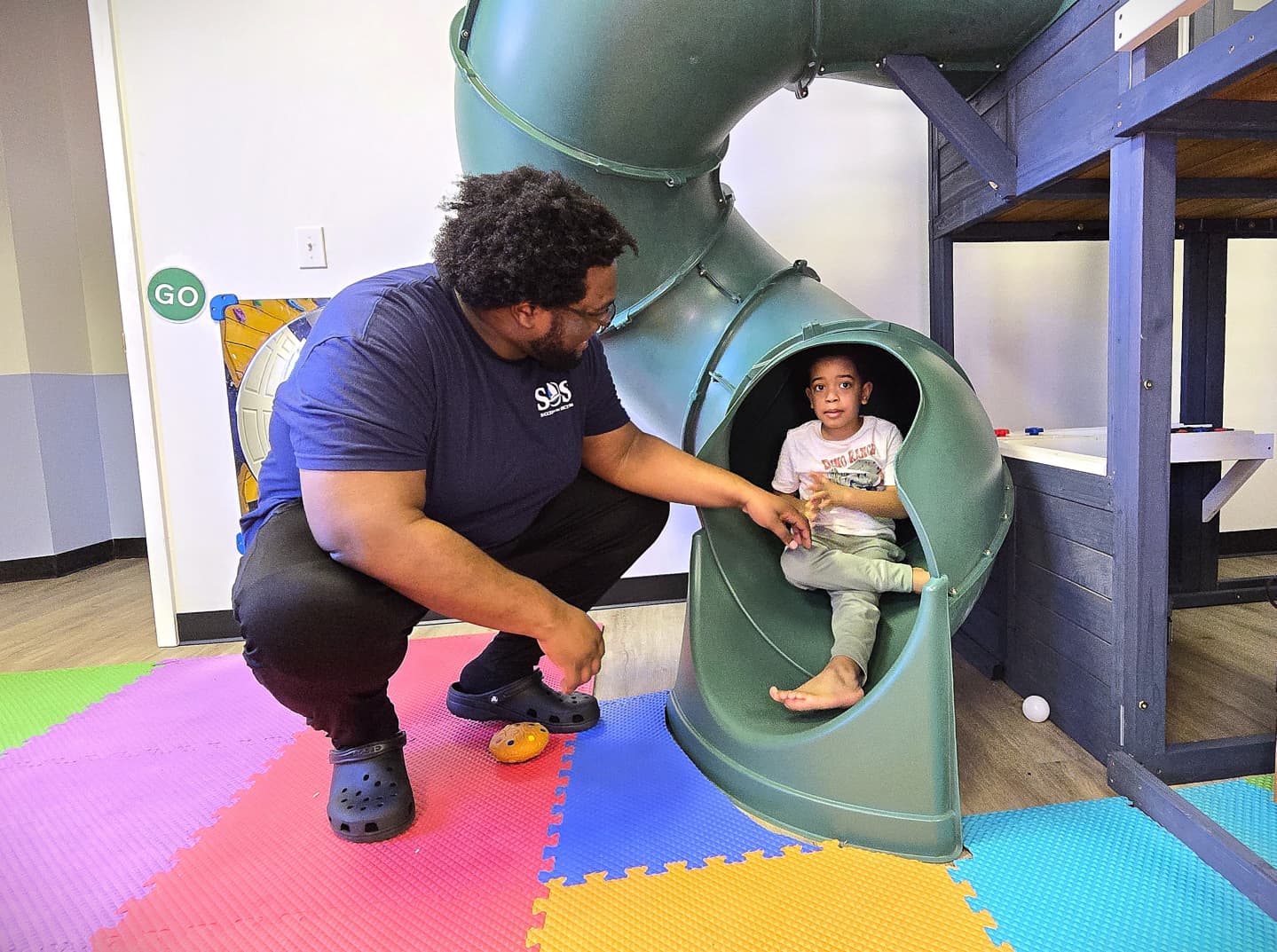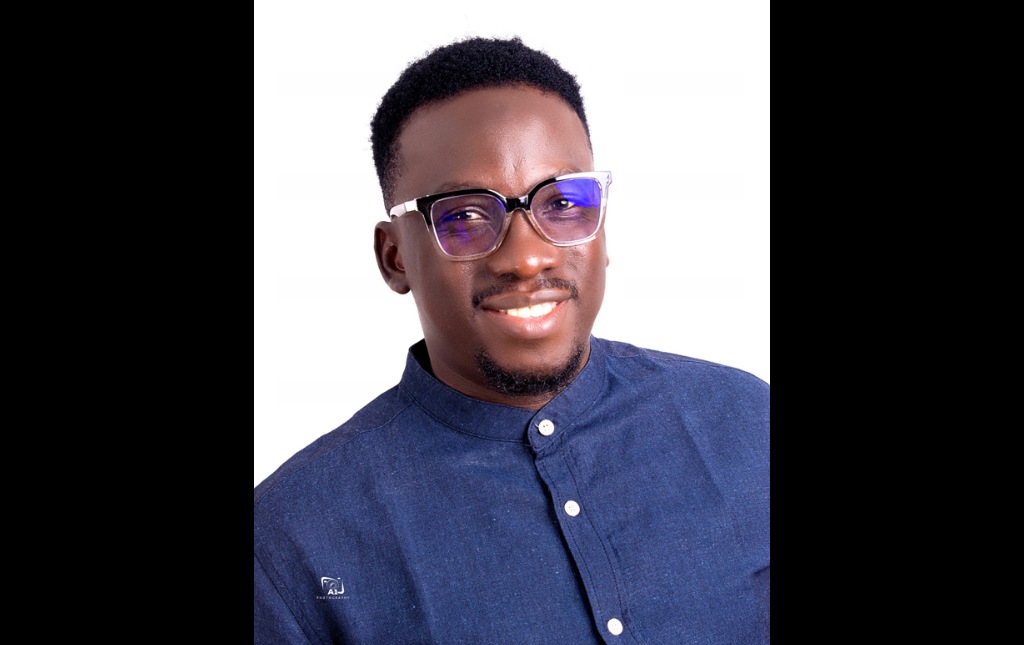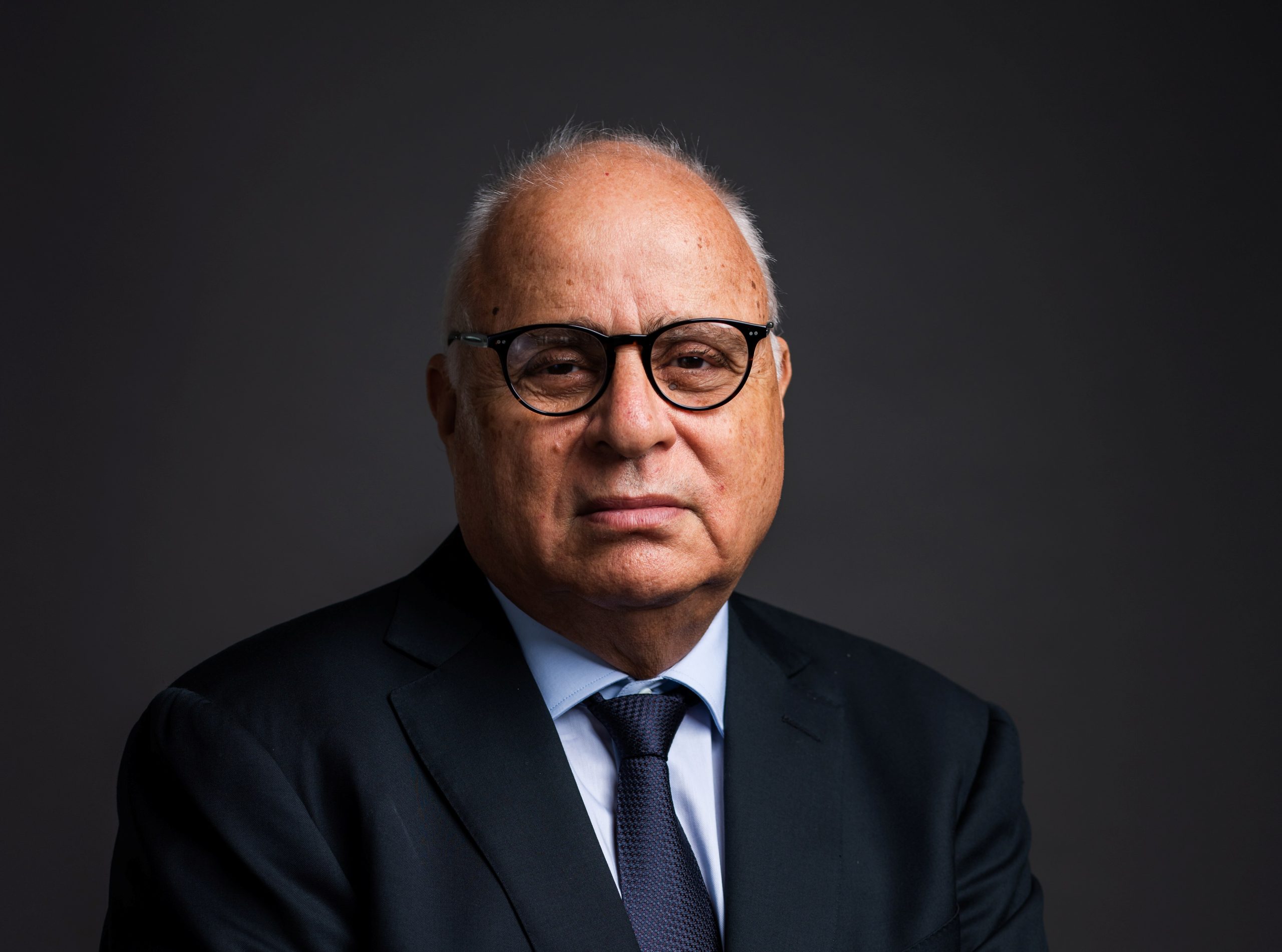When it comes to autism therapy in America, the stakes are deeply personal, the needs urgent, and the business increasingly corporate. In recent years, the autism services sector has seen a surge in private equity interest, with investor-backed firms rapidly consolidating clinics across the country. On one side is scale; on the other, families seeking individualised, ethical, and accessible care. Somewhere in between—quietly, deliberately—stands Success On The Spectrum (SOS).
Founded in 2015 by Nichole Daher, a mother of a child on the spectrum, SOS is a growing national network of autism therapy centres operating under a franchise model. But unlike the impersonal sprawl of investor-driven growth, SOS is rooted in something else: lived experience.
Daher didn’t set out to capitalise on a trend. She was driven by necessity. When her daughter was diagnosed, she encountered a fragmented system—overwhelming for parents, inadequate for children. With no clinical background but a fierce parental instinct, she created a centre that felt different: transparent, child-centred, parent-inclusive, and grounded in evidence-based care like Applied Behaviour Analysis (ABA). When it worked—clinically and financially—she invited others to replicate the model.
That’s what makes SOS notable, especially now. It stands in contrast to the standard trajectory of healthcare privatisation. While large firms pursue economies of scale and ROI, SOS offers a structure that prioritises local ownership, direct family engagement, and accountability. Each centre is independently operated but adheres to a unified training system focused on community connection—think autism-friendly proms, sensory festivals, and open-door viewing rooms where parents can watch their child’s therapy in real time.
The model isn’t without challenges. Franchising inherently carries the risk of inconsistency if standards aren’t strictly enforced. It also demands that franchisees be mission-aligned and business-savvy—a rare but crucial combination. Still, in a field as emotionally and ethically complex as autism care, this hybrid approach—clinical rigour with a human touch—could be a sustainable middle ground.
In 2024, SOS was awarded the Anthem Award for Community Leadership, one of several recognitions signalling not just clinical credibility but social relevance. While awards can’t measure true impact, they reflect what many families already sense: therapy alone isn’t enough. What families want is trust, dignity, and genuine connection.
So, can a franchise model deliver compassionate autism care? Success On The Spectrum believes it can. And as more families seek care beyond waitlists and corporate chains, models like this may not just be an alternative—they may well be the future.






